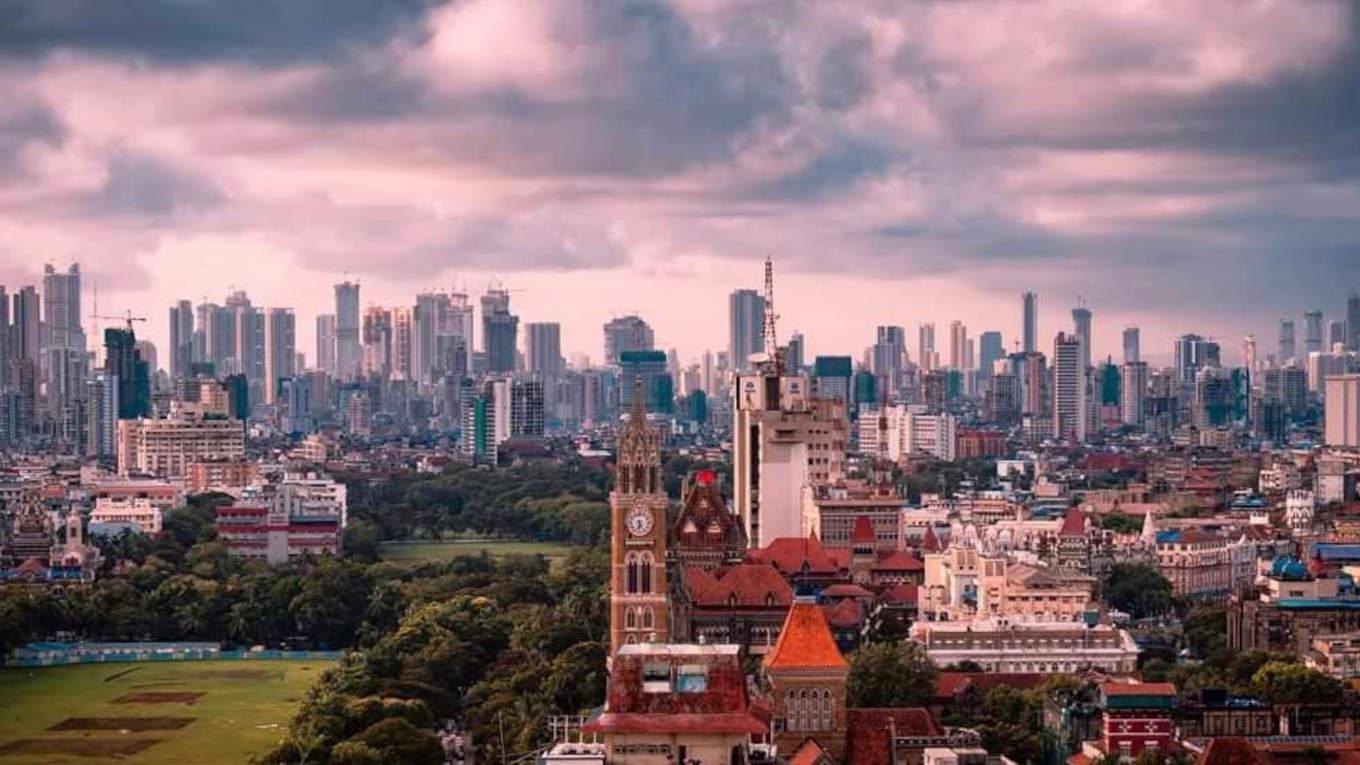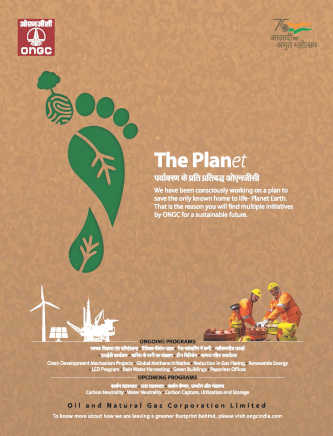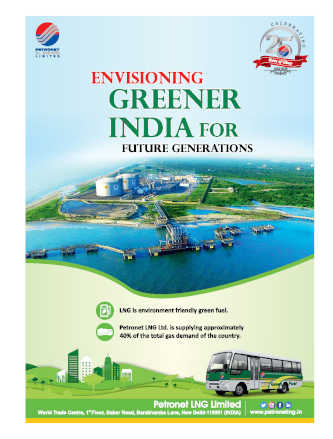With Mumbai being one of the high-risk cities to the worst impacts of climate change, the first-ever Mumbai Climate Action Plan (M-CAP) for India’s financial capital Mumbai was launched last week, identifying it as one of the high-risk cities to face the worst impact of climate change. Apart from Mumbai, Bengaluru, Chennai, the National Capital Territory (NCT) of Delhi, Jaipur and Kolkata are also in the C40 member cities’ list from India. As per the action plan’s climate vulnerability index, Mumbai, Nandurbar, Dhule, and Buldhana from Maharashtra are identified as the most vulnerable districts to the climate threat. For coastal cities in Maharashtra, the plan identifies a rise in annual mean temperatures ranging from 1.19 degrees Celsius to 1.33 degrees Celsius by the next decade and up to 15 degrees Celsius increase in heat index (a measure of rising temperatures incorporating humidity). The sea-level rise is projected to be 24-66cm along Maharashtra’s coastline by 2030. The BrihanMumbai Municipal Corporation (BMC) is developing the climate action plan with technical support from the World Resources Institute India, engaged as a knowledge partner. “The M-CAP will focus on building the city and moving the citizens towards climate-resilient and sustainable development, ensuring adaption and mitigation,” said Maharashtra's Environment and Tourism Minister Aaditya Thackeray. The process of finalising action tracks under M-CAP is expected to be done and ready by November 2021 closer to the 2021 United Nations Climate Change Conference (COP26). Thackeray said the time for action is now as any further delays would make Mumbai unsuitable to live in over the next decade. “Mainstreaming climate action while implementing Mumbai’s development plan can protect the city’s natural systems, increase resilience capacities of vulnerable groups, and enable resilient urban growth that ensures aggressive reductions to the city’s greenhouse gas emissions,” he added. Municipal Commissioner Iqbal Singh Chahal stated, “There is a need for changing the way we think about development in the current climate change scenario. Coordinated efforts for data monitoring and management, will help us make quick and informed decisions, ensuring the safety of those most vulnerable in our city.” Speaking at the launch of M-CAP, Chahal said about 70 per cent of the city's A, B, C, and D wards in south Mumbai will be underwater due to climate change by 2050.
-

That sinking feeling: Mumbai is projected as a high risk city























